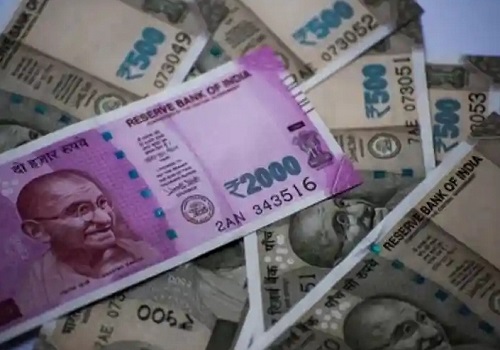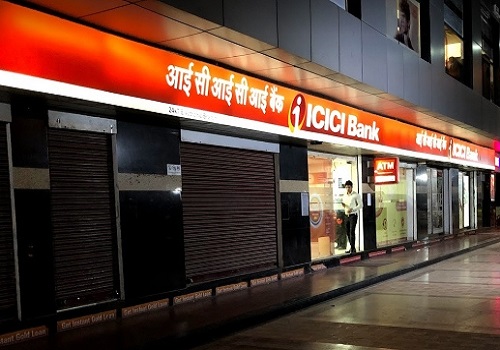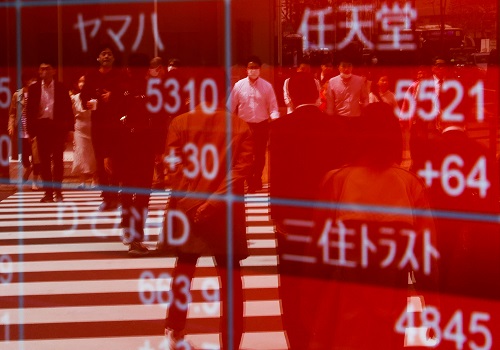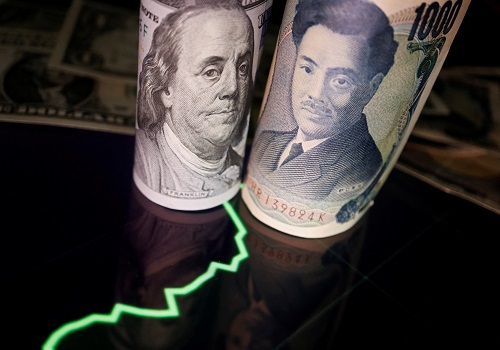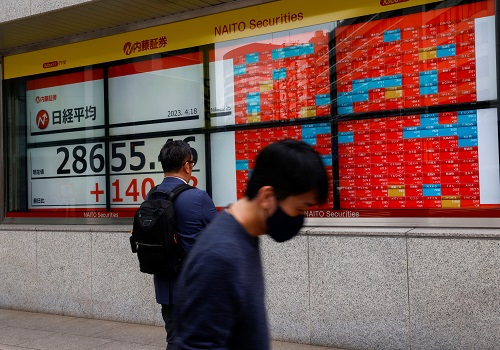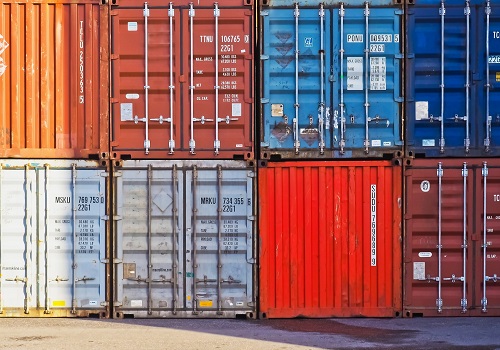German inflation spikes to highest in 32 yrs
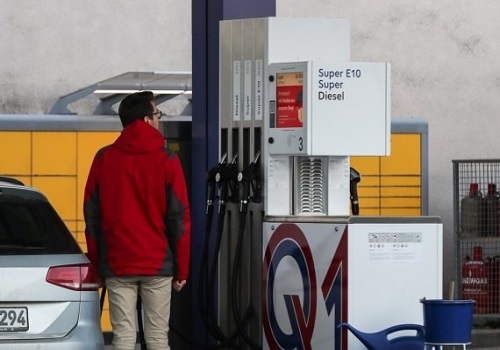
Follow us Now on Telegram ! Get daily 10 - 12 important updates on Business, Finance and Investment. Join our Telegram Channel
Germany's annual inflation rate climbed to 10.4 per cent in October, the highest on record since 1990, according to preliminary figures published by the Federal Statistical Office (Destatis).
Energy prices in Europe's largest economy soared 43 per cent year-on-year and continued to have a "substantial impact on the inflation rate", Destatis said on Friday.
Food prices also outgrew overall inflation levels and were up 20.3 per cent, Xinhua news agency reported citing the Office as saying.
In response to the energy crisis, the government cut the value-added tax (VAT) on natural gas supplies from 19 per cent to 7 per cent.
The measure took effect retroactively from the start of October and was likely to have a "downward effect on the inflation rate", Destatis said.
In addition to inflation relief packages totaling 95 billion euros, the Bundesrat, or upper house of Parliament, on Friday approved a proposed "protective umbrella" of up to 200 billion euros.
The fund can be used for capping electricity and gas prices.
As a result of the combined measures, the government expects annual inflation in 2023 to drop to 7 per cent, down from 8 per cent predicted for this year.
"These packages will have an impact, also to curb inflation," Minister for Economic Affairs Robert Habeck said earlier this month when presenting the outlook.
Inflation in the eurozone also continued to rise and peaked at 10 per cent in September, according to the latest official figures.
The European Central Bank (ECB) reacted by raising its key interest rate to 2.0 per cent in three steps.






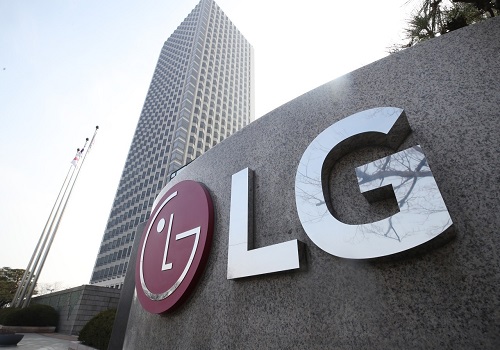





 320-x-100_uti_gold.jpg" alt="Advertisement">
320-x-100_uti_gold.jpg" alt="Advertisement">

